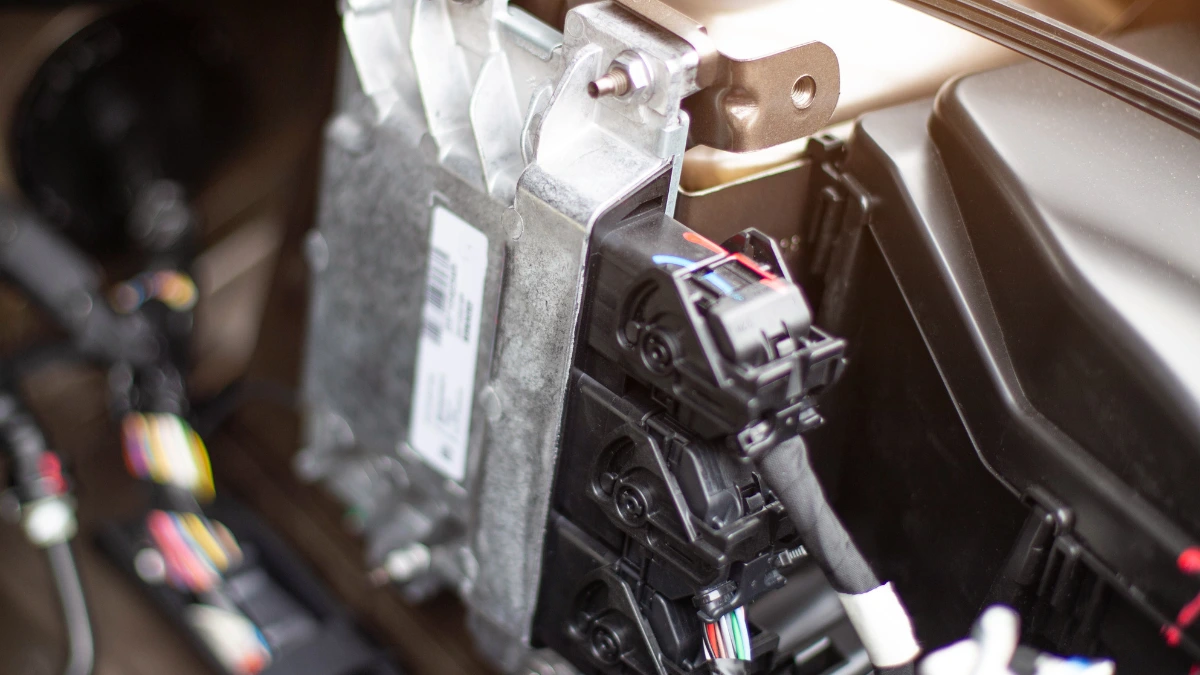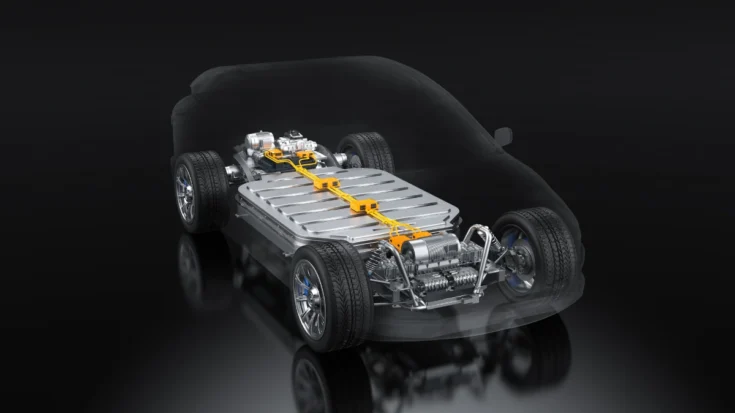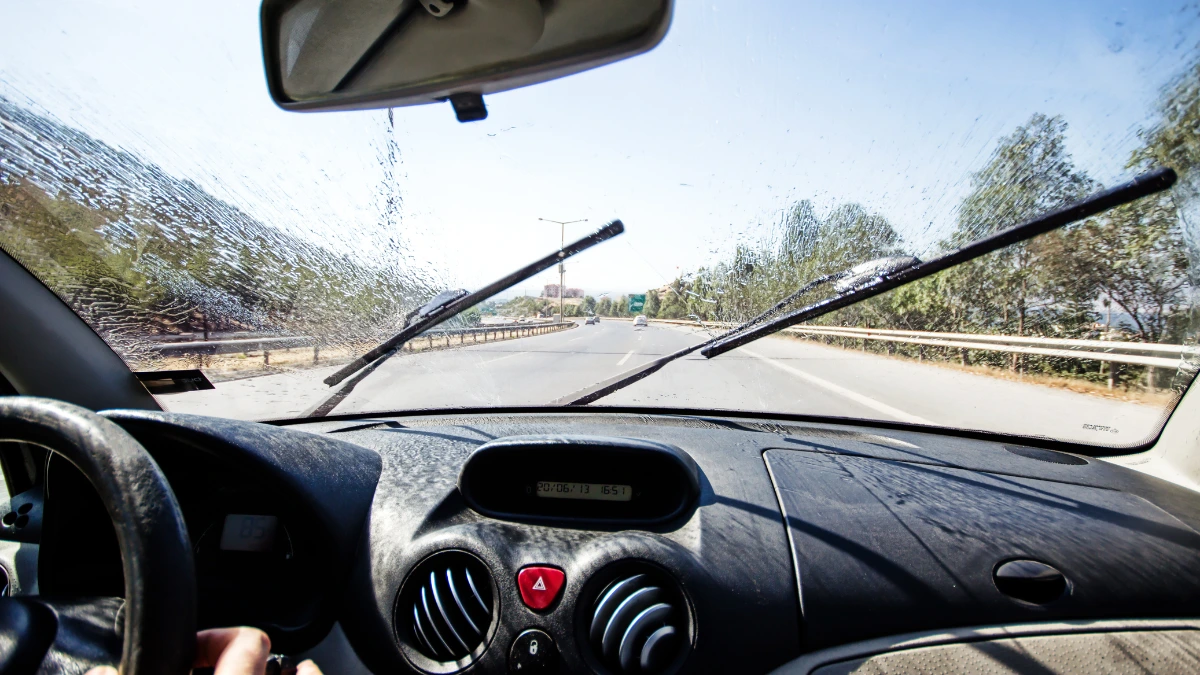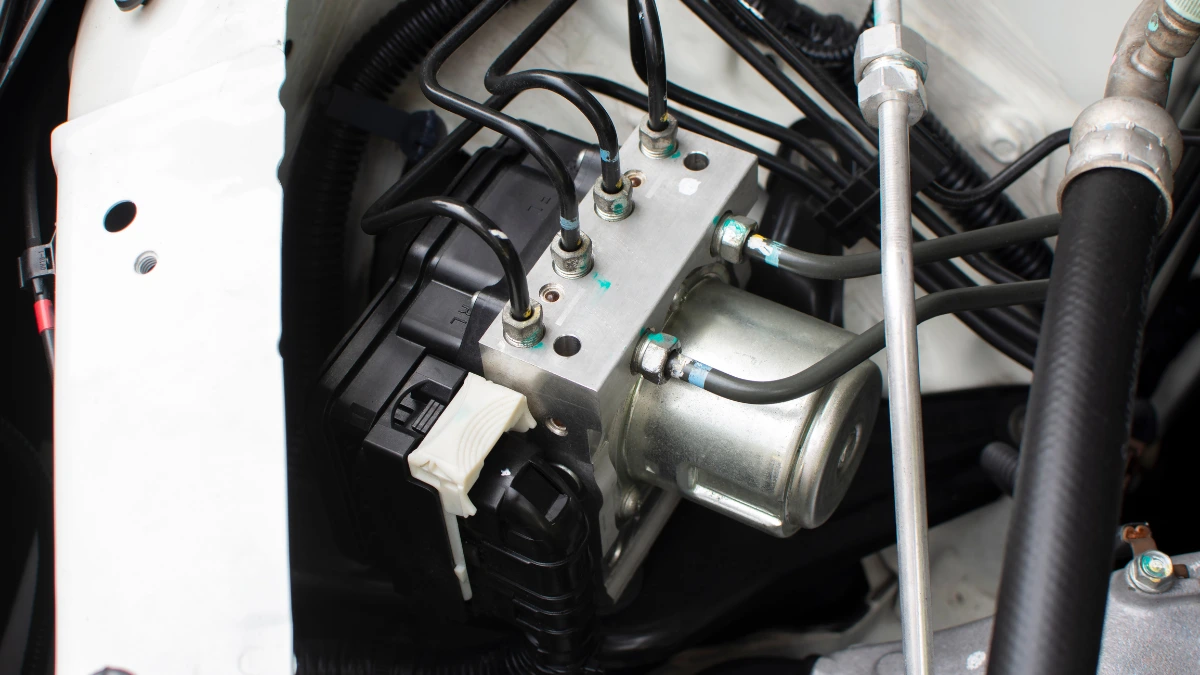The Body Control Module (BCM) is part of the Electronic Control Unit (ECU) type. The Body Control Module in the Electronic Control Unit functions as a component whose job is to regulate the performance of the car’s electrical system.
The Body Control Module has a quite crucial role as a modern automotive system in the Electronic Control Unit.
In this article, we will provide more information about the Body Control Unit, which is the fundamental part of the Electronic Control Unit in terms of its function, how it works, and its main functions.
Table of Contents
Electronic Control Unit

An Electronic Control Unit (ECU) is a component that forms an electronic circuit and is capable of controlling actuators to replace mechanical systems. The electric control unit in this car has a very important role in regulating fuel supply usage.
In other words, the electric control unit in the car will regulate the vehicle engine and control the performance of the vehicle engine.
Functions of Electric Control Units in Cars
The function of the ECU in the car itself is to control the actuator such as mixing fuel, measuring achievement time, engine rotation speed, and also mixing air with fuel which was previously carried out by the car’s mechanical system.
Basically, the electrical control unit in a car engine is one of the core components that is able to determine the amount of fuel supplied by the engine.
By using a computer system, it will be easier for the electric control unit to receive data move the car engine according to the required dosage, and determine the duration of the fuel injector injection.
Type of Electronic Control Unit
The ECU in a car consists of various components that are interrelated to ensure optimal performance of the electrical control unit. The following are some of the components:
- TCM (Transmission Control Module): Regulates transmission shifts in cars with automatic transmission based on engine RPM and driving conditions.
- ECM (Engine Control Module): Manages engine performance, including starting, cooling, and spark ignition processes.
- BCM (Body Control Module): Regulates the car’s electrical system so that the flow of power from the engine to the wheels functions efficiently, usually located in the four-wheel drive system.
- ABS Control Module: Prevents wheel slip and regulates braking in slippery areas, playing an important role in driving safety.
- Airbag Control Module: Activates the airbag when a strong impact is detected via an automatic sensor, increasing passenger safety.
What is Body Control Module?

The Body Control Module (BCM) is an important electronic component in modern vehicles that is responsible for regulating and managing various non-engine electrical functions.
This module acts as a control center that integrates various electrical systems to work efficiently and coordinate.
How Body Control Modul Work
As one of the fundamental components in the ECU, BCM has a fairly simple way of working. Here’s how BCM works:
- The BCM receives data from various sensors connected to the BCM.
- BCM regulates the operation of the systems it controls based on input received from sensors and switches.
- The BCM generates a response to the signal received from the input device.
- BCM manages various body, interior, comfort, and safety functions in the vehicle.
The Functions
1. Lighting system setup
BCM controls the entire vehicle lighting system, including headlights, taillights, turn signals, cabin lights, and hazard lights.
This module ensures the lights turn on or off according to commands from the driver or automatic settings (such as light sensors for automatic headlights).
2. Horn operation
The BCM also controls the horn function, which is part of the safety system to provide warnings to other road users.
3. Wiper settings

The BCM regulates front and rear wiper operation, including wiper travel speed and interval function, as well as glass washer water spray control.
4. Entertainment and comfort systems
This module is responsible for managing entertainment functions in the vehicle, such as audio, information screens, and various controls on the dashboard.
5. Door locking and window settings
BCM controls the automatic door locking system, central locking, and also the operation of the electric windows.
6. Alarm and security systems
This module is connected to vehicle security systems, such as anti-theft alarms, motion sensors, and immobilizer keys to prevent theft.
7. Connectivity with other systems
The BCM interacts with other module in the vehicle via a communications network such as the CAN Bus, enabling fast data transfer and synchronization between systems.
Now we know the meaning of the Body Control Module, how it works, and its function, which is a fundamental part of the Electronic Control Unit.
If you are a BCM device distributor looking to enter the ASEAN market, our type approval service for ITC products is a necessary step. With their ability and validity, the certification handle will be less demanding and quicker. For the smooth running of your business, don’t hesitate to utilize their services! [UN]

